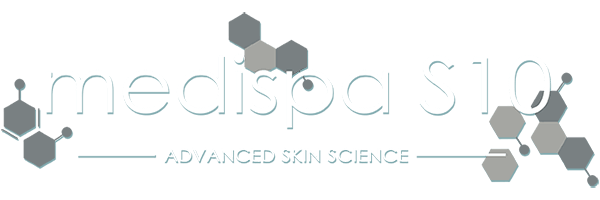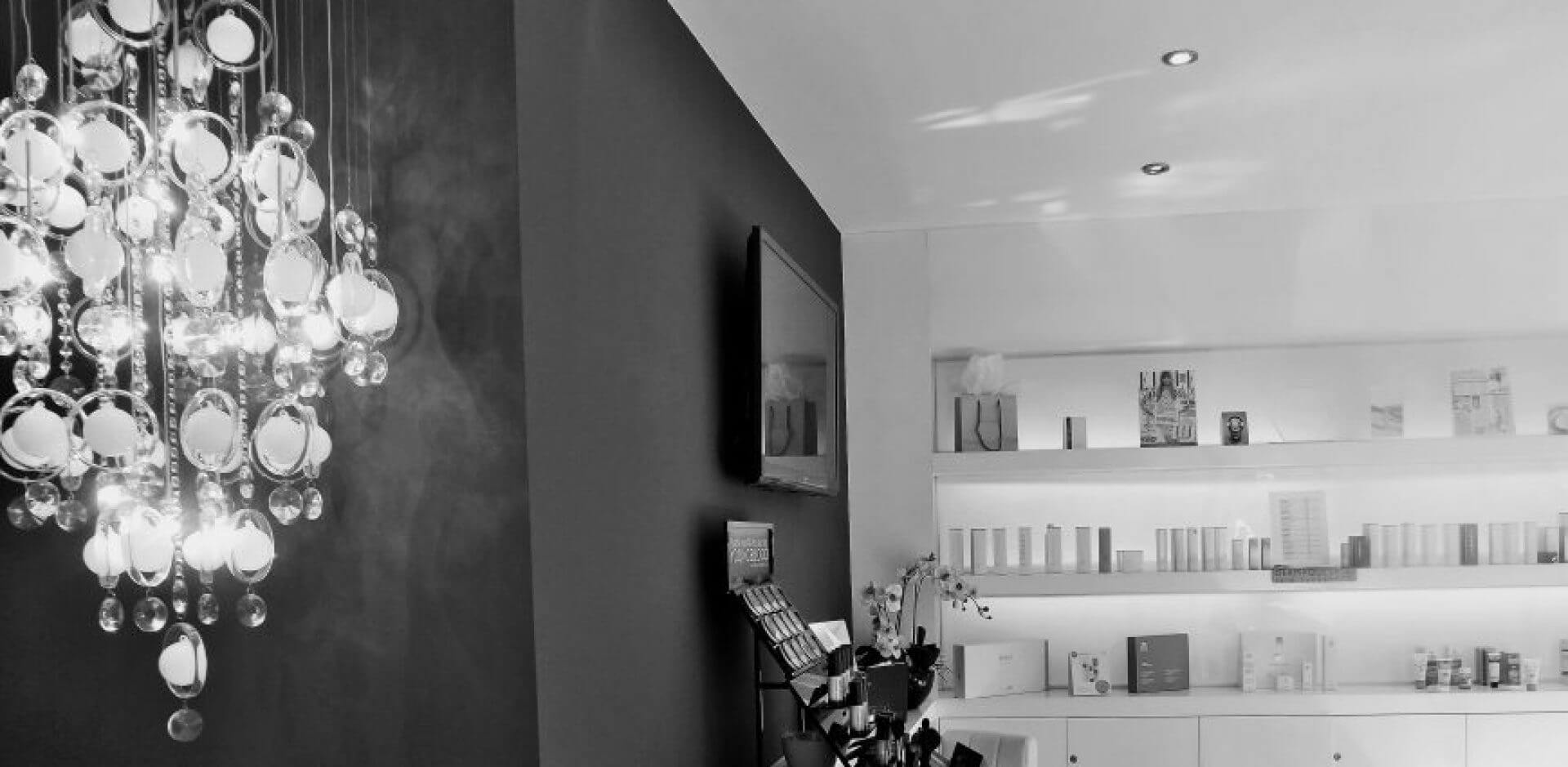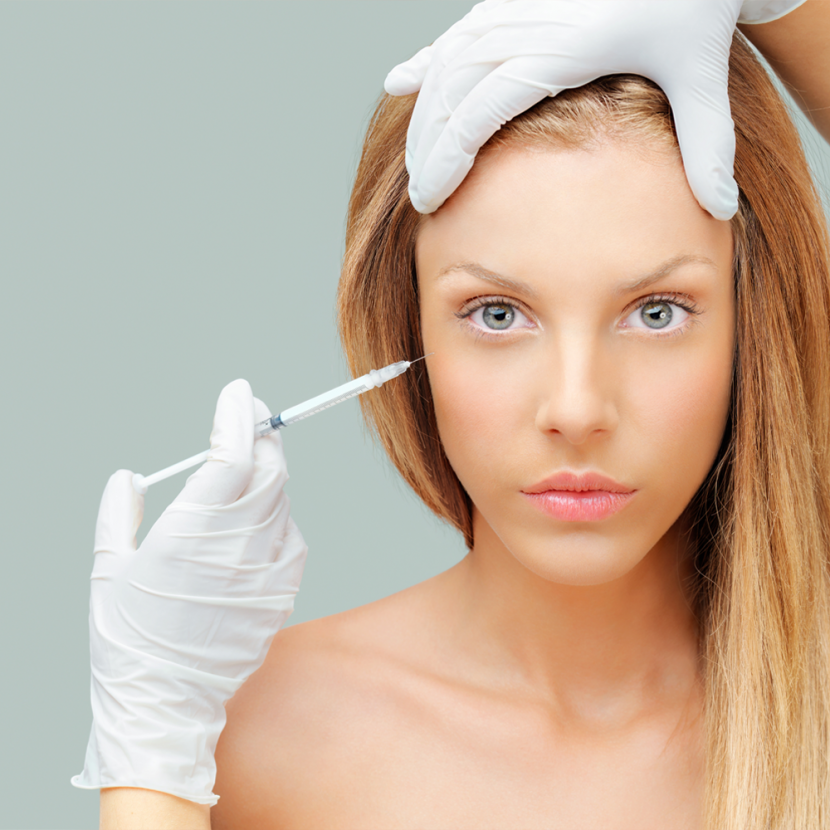The increasing issue of fake Botox…
We recently came across a story in The Times regarding ‘fake Botox’ and we thought we really should share this with you.
It has become increasingly worrying with small unqualified aesthetics businesses springing up everywhere. Now, we welcome healthy competition within our industry however, we do not welcome the miss-practice of injectable treatments. We are seeing more of these instances over the past year are so with increasing numbers contacting us for advice and help. Thankfully there are methods of trying to ensure that the clinic you are considering is above board, such as checking to see if they are Save Face accredited.
The story we read is below:
“Smartphone technology could be used to tackle the sale of fake cosmetic drugs such as Botox, a leading regulator has said.
Emer Cooke, from the World Health Organisation (WHO), said that it was piloting an app in Indonesia and Tanzania that enabled people to scan the label of a drug or medicine against a database to check if it was genuine.
This could deal with the rising issue of falsified medicine and could be extended to those used for cosmetic purposes, she said. Fake drugs have included substances being passed off as Botox, used to reduce fine lines and wrinkles by paralysing the underlying muscles.
Ms Cooke said that fake drugs used for cosmetic purposes were a “big issue” for the WHO and warned people to be vigilant. “It’s one of the areas where people are less aware of the dangers, probably even less so than when it comes to false medical products,” she told The Times. “Some of the fake cosmetic drugs are quite toxic products so people need to be careful.”
People should always ask to see the labels of any medicine they bought and be on the lookout for warning signs, Ms Cooke said. “If there is a mistake on the labelling it should give you a sign that something may be wrong.”
Figures from the Health Products Regulatory Authority (HPRA) showed that 83 products containing botulinum toxin, the active ingredient in Botox, had been seized since 2011 under suspicion of being illegally supplied. Medicines containing botulinum toxin can only be dispensed in Ireland with a prescription.
An HPRA spokeswoman said that the active ingredient was a toxic substance that could only be used safely in the hands of experienced and adequately trained physicians. “Extreme care must also be taken in the opening, reconstitution, handling and administration of the injection and its subsequent safe disposal,” she added.
In June Ozan Melin, 42, from Uxbridge, west London, was jailed for four years after he injected two women with a substance they thought was Botox. The women have long-term disfigurement and some paralysis as a result of the injections.
The issue of fake drugs was discussed at the International Conference of Drug Regulatory Authorities, which began in Dublin yesterday. It brought together 500 delegates from 94 countries and was hosted by the HPRA.
A WHO report published this year found that an estimated one in ten medical products in low and middle-income countries was substandard or falsified. The drugs may contain no active ingredient, or they may contain corn starch and chalk.
HPRA issued a caution about lip fillers, most commonly administered as hyaluronic acid injections. It said that there were numerous side-effects and complications that could result from their use and people should be aware of the risks.”
If you would like to speak with us for any more advice please contact us here.


